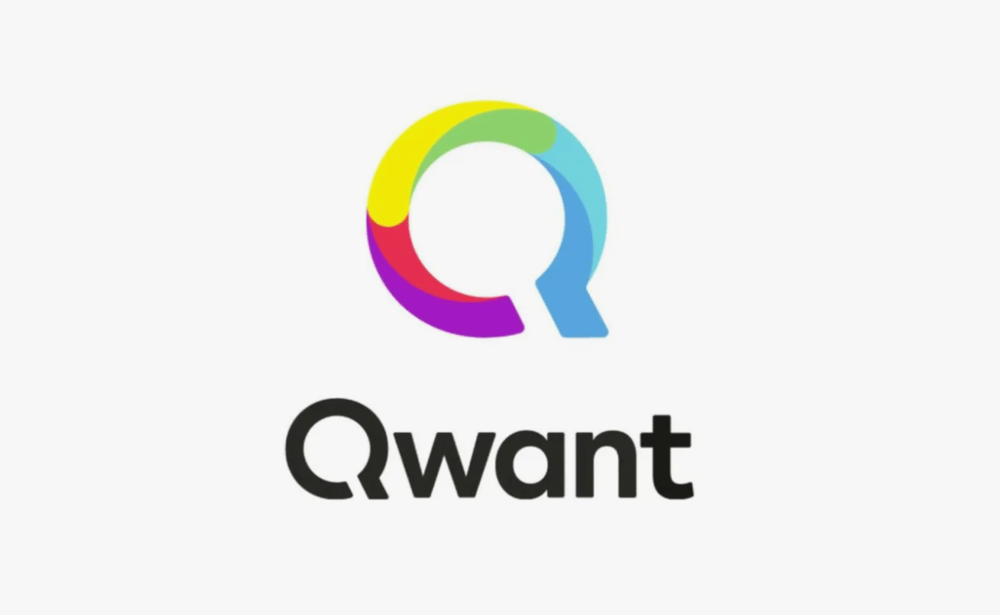Qwant Files Antitrust Complaint Against Microsoft Over Bing Search Quality in France
French search engine Qwant has formally lodged a complaint with the French antitrust authority, accusing Microsoft $MSFT of degrading the quality of its search results through the Microsoft Bing platform. Qwant, which historically depended on Bing’s infrastructure for its search services, alleges that Microsoft’s actions have negatively affected the user experience and competitiveness of the French search market.
This dispute highlights growing tensions between global technology giants and local digital platforms in Europe, where regulatory scrutiny intensifies amid concerns about market dominance and fair competition.
Examining Qwant’s Allegations and Their Market Implications
Qwant’s complaint centers on the claim that Microsoft intentionally lowered the quality of Bing search results provided to Qwant, potentially undermining its ability to offer competitive search services to French users. The alleged reduction in result relevance could impact user retention and advertising revenue, posing significant business risks to Qwant.
By depending on Bing’s search infrastructure, Qwant’s competitive positioning is vulnerable to any changes in Microsoft’s algorithms or data-sharing policies. The complaint seeks provisional regulatory intervention from the French competition authority to protect Qwant’s operations while the investigation proceeds.
This case reflects broader antitrust concerns about dominant tech companies leveraging their market power to disadvantage smaller, regional competitors. The outcome could influence regulatory approaches across the EU, impacting how large platforms manage partnerships with local firms.

Key Facts
Qwant has filed an official antitrust complaint against Microsoft in France.
The complaint alleges a deliberate decrease in Bing search result quality impacting Qwant.
Qwant relies on Microsoft Bing’s platform to power its search engine services.
The French antitrust regulator is requested to impose temporary measures during investigation.
The case underscores tensions between global tech giants and local European platforms.
Market and Regulatory Reactions to the Qwant vs Microsoft Dispute
Market analysts view Qwant’s complaint as part of a larger wave of European scrutiny aimed at reining in U.S.-based tech monopolies. The French regulator’s response may set precedents on how platform providers like Microsoft must treat dependent partners, especially in strategic markets such as online search.
Microsoft has yet to publicly comment on the allegations. However, the situation places pressure on the company to maintain transparent and fair access to its search infrastructure, especially as the European Commission and member states increasingly focus on digital market fairness.
Local search platforms could gain regulatory backing if authorities determine that Microsoft’s actions constitute unfair competition or abuse of dominance, potentially leading to mandated changes in platform policies or penalties.

Key Takeaways
Qwant’s complaint emphasizes the critical role of search result quality in competitive positioning.
Regulatory agencies are increasingly attentive to platform-provider relationships and market fairness.
The case may prompt regulatory guidelines on how tech giants share or restrict access to essential digital infrastructure.
A ruling against Microsoft could influence other U.S. tech companies operating in Europe.
The dispute illustrates challenges faced by local platforms reliant on global tech ecosystems.
Significance of Qwant’s Antitrust Complaint in the European Digital Market
Qwant’s antitrust complaint against Microsoft marks a significant episode in the evolving regulatory landscape governing digital platforms in Europe. It highlights the complexities and risks local search engines face when dependent on global technology providers for critical infrastructure.
The complaint has the potential to influence future regulatory frameworks ensuring fair competition and protecting the integrity of local digital markets against dominance by multinational corporations. As Europe pushes for digital sovereignty, cases like Qwant versus Microsoft will be pivotal in shaping a balanced and competitive online ecosystem.















Comments